Description
The Prince is a political work written in early 16th-century Italy by Niccolò Machiavelli. It is meant to offer advice on acquiring and then maintaining political power, considered one of the fundamental texts of modern political philosophy and frequently associated with the concept of political realism.
Key Themes and Concepts:
The thesis of Realism and Idealism: Machiavelli posits that politicians have to be pragmatists who cannot flinch from doing evil if the call of the situation so demands it in their path to achieving the desired results. This was during an era when idealistic views about leadership were so rife.
The Kinds of Principalities: The kinds, whether hereditary or new, detail the manner of acquisition of power through violence, fraud, and cunningness.
Machiavelli introduces the concept of virtù in discussing the ability of a ruler to shape his destiny through his ability, intelligence, and decisiveness; that is, that the ruler’s abilities are pitted against fortuna, or luck, leading one to infer that successful rulers must negotiate the fortuna.
Use of Fear and Love: Machiavelli famously declares that, when it is unavoidable, it is much better for a prince to be considered feared than loved. He advocates the notion that fear can be a more effective instrument for power than love.
Military Plan and Preparation: The whole treatise highlights the need for a robust military power and urges rulers to know warfare in order to secure and preserve their power.

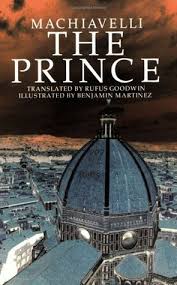
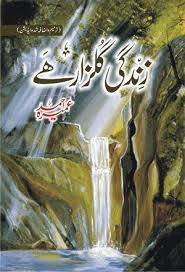
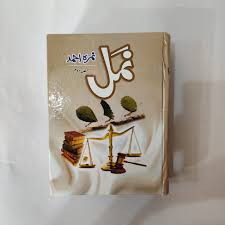

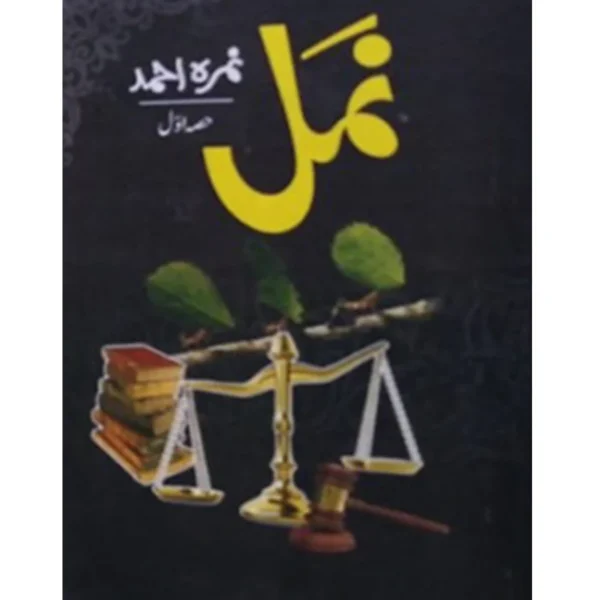



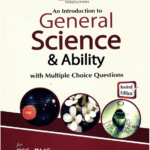
Reviews
There are no reviews yet.